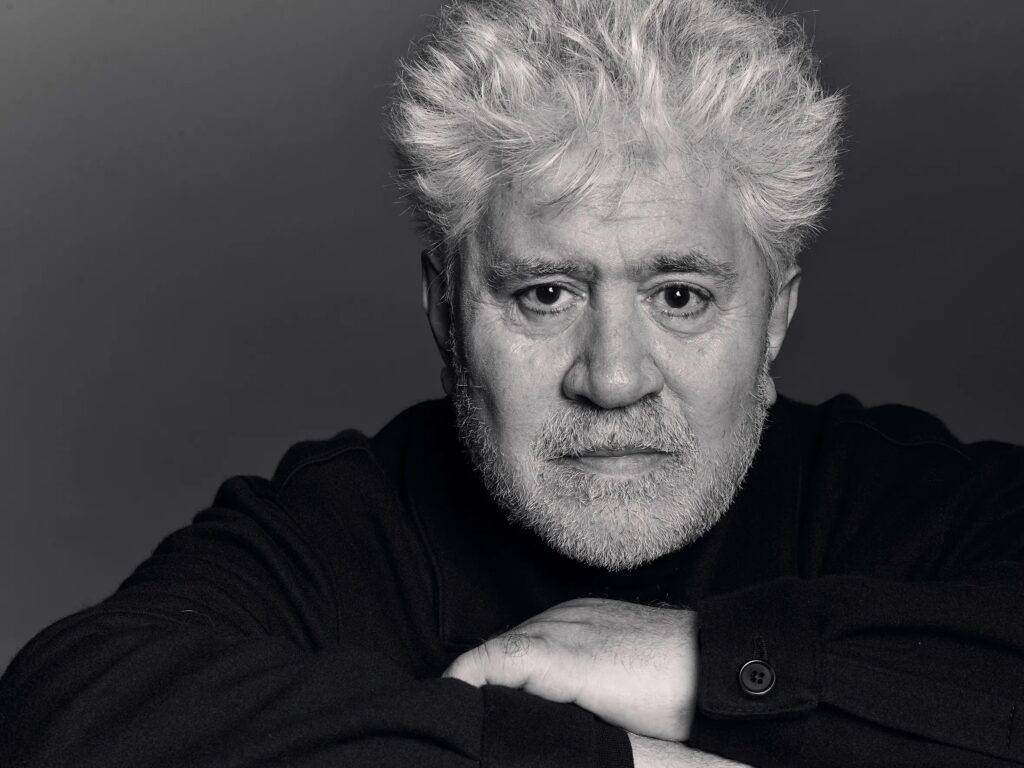A group of visionary directors has profoundly shaped the world of gay cinema, crafting stories that delve into the complexities of gay love, identity, and desire. These filmmakers, hailing from diverse corners of the globe, have made lasting contributions to the genre. Here are 10 influential gay film directors and their essential works.
1. Pedro Almodóvar (Spain)
Pedro Almodóvar, one of Spain’s most internationally recognized directors, has long been a trailblazer in Gay cinema. His films are renowned for their bold narratives, vibrant color palettes, and deeply emotional storytelling. In Law of Desire (1987), Almodóvar explores obsessive passion and the complexities of sexual identity, while Bad Education (2004) presents a deeply layered narrative about love, trauma, and sexual exploitation within the Catholic Church. He returned to gay themes with Pain and Glory (2019), a semi-autobiographical film that explores the life of an aging gay filmmaker reflecting on his past.
2. Gus Van Sant (USA)
Gus Van Sant is celebrated for his unique blend of mainstream and indie sensibilities, often focusing on stories of marginalized characters. His early masterpiece My Own Private Idaho (1991) explores the lives of two street hustlers, capturing the melancholic beauty of their search for love and belonging. Years later, Van Sant directed Milk (2008), a biopic about Harvey Milk, the first openly gay elected official in California, which became one of the most powerful portrayals of gay activism and identity in modern cinema.
3. Xavier Dolan (Canada)
Xavier Dolan, a Canadian prodigy, burst onto the scene with his intensely personal and visually distinctive films. His debut feature, I Killed My Mother (2009), reflects Dolan’s own experiences as a gay teenager navigating a tumultuous relationship with his mother. In Heartbeats (2010), Dolan dives into the world of unrequited love between a man and a woman who both fall for the same enigmatic man. His 2019 film Matthias & Maxime explores friendship and latent romantic feelings, showcasing Dolan’s talent for capturing the nuances of gay relationships.
4. Andrew Haigh (UK)
British director Andrew Haigh has gained widespread acclaim for his intimate and realistic portrayals of gay relationships. In Weekend (2011), Haigh crafts a quietly profound film about two men who meet and share an intense emotional connection over the course of 48 hours. His latest work, All of Us Strangers (2023), ventures into a dreamlike, deeply emotional narrative where a gay man reconnects with his long-deceased parents, exploring themes of loss, memory, and identity.
5. Todd Haynes (USA)
Todd Haynes is known for his deeply intellectual and visually rich films, many of which explore queer identity and desire. His early work Poison (1991) is a triptych of stories dealing with themes of homosexuality, alienation, and societal repression. In Velvet Goldmine (1998), Haynes draws from the glam rock era, creating a dizzying tribute to sexual fluidity and androgyny.
6. Marco Berger (Argentina)
Argentine filmmaker Marco Berger specializes in slow-burning, atmospheric dramas that explore male desire and tension. His debut feature Plan B (2009) tells the story of a man plotting to win back his ex-girlfriend by seducing her new boyfriend, but ends up developing feelings for him. Berger followed up with Absent (2011), a tense psychological drama about a student with inappropriate feelings for his gym teacher, which won the Teddy Award at the Berlin International Film Festival. In The Blonde One (2019), Berger continues his exploration of latent desire between two roommates, confirming his status as a master of subtle, homoerotic storytelling.
7. Bruce LaBruce (Canada)
Bruce LaBruce is known for his provocative, punk-inspired approach to queer cinema, blending sexual politics with avant-garde style. His films, such as No Skin Off My Ass (1991), which is a punk response to queer cinema of the time, and Hustler White (1996), a seedy, campy exploration of sex work in Los Angeles, have established him as a radical voice in LGBTQ+ filmmaking. In The Raspberry Reich (2004), LaBruce pushes boundaries even further, merging Marxist ideology with explicit sexuality in his signature irreverent style.
8. Ira Sachs (USA)
Ira Sachs has built a career on exploring the subtleties of gay relationships and the emotional complexities that come with them. His breakthrough film, Keep the Lights On (2012), is an autobiographical drama about a relationship between two men over the course of a decade, touching on issues of addiction and emotional dependency. In Love Is Strange (2014), Sachs tells the heartbreaking story of an older gay couple forced to live apart after losing their home, deftly capturing the realities of long-term love and commitment in the face of societal obstacles.
9. Tom Ford (USA)
Tom Ford, best known as a fashion designer, made a stunning entry into filmmaking with A Single Man (2009), which tells the story of a grieving gay professor navigating life after the death of his partner. Ford’s precise visual style and attention to emotional nuance brought depth to the film, and it remains one of the most celebrated gay-themed films of the past two decades.
10. Travis Mathews (USA)
Travis Mathews is a filmmaker who has consistently focused on the experiences and intimate lives of gay men. His early work, I Want Your Love (2010), blends explicit sexuality with narrative storytelling, portraying the emotional connections and complexities of modern gay relationships. The short film was adapted into a feature-length version in 2012. Mathews gained wider recognition with Interior. Leather Bar. (2013), a film he co-directed with James Franco, which reimagines the lost footage from the 1980 gay classic Cruising. Mathews’ work often blurs the line between fiction and documentary, offering a unique perspective on gay sexuality and desire.

